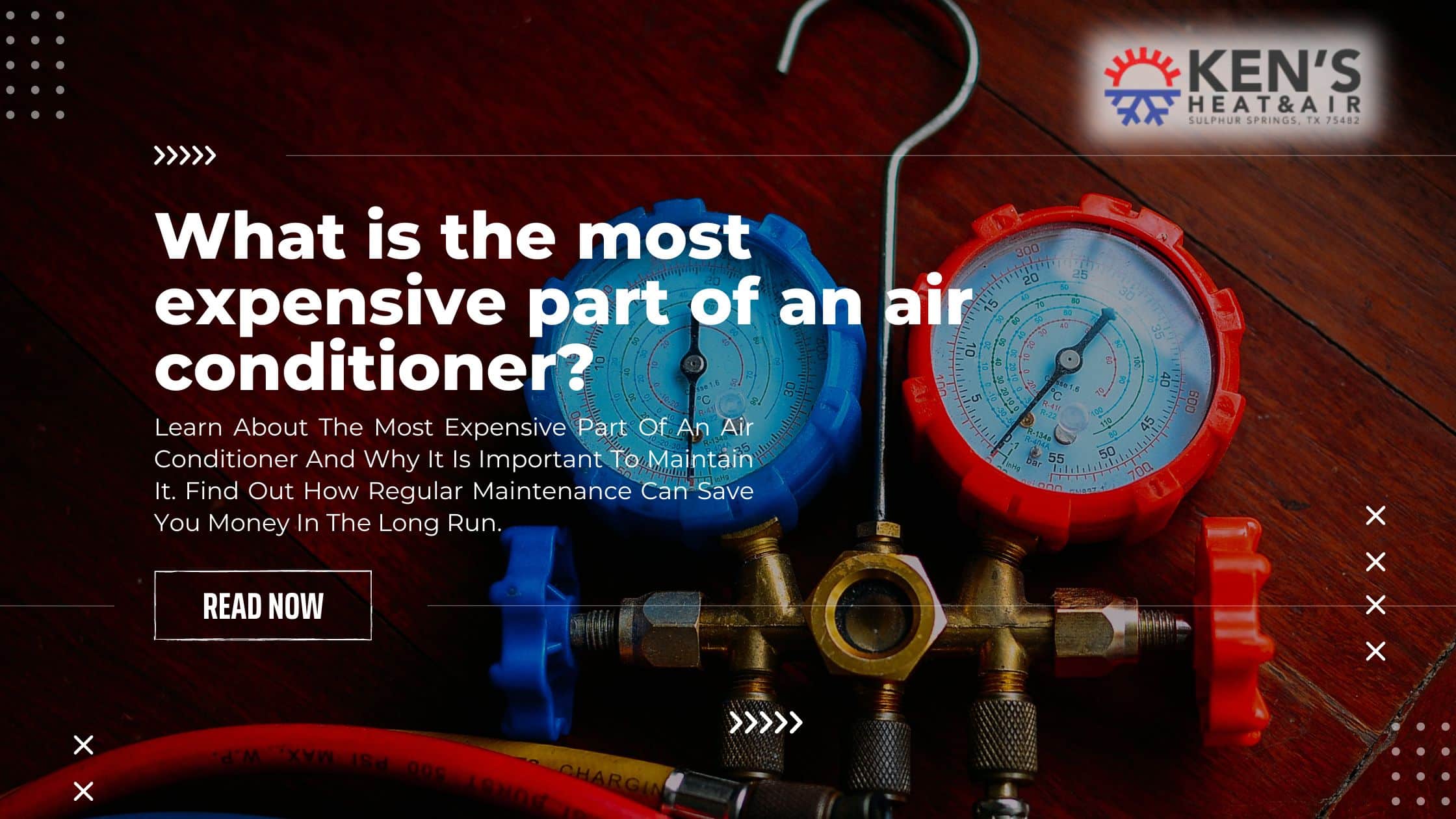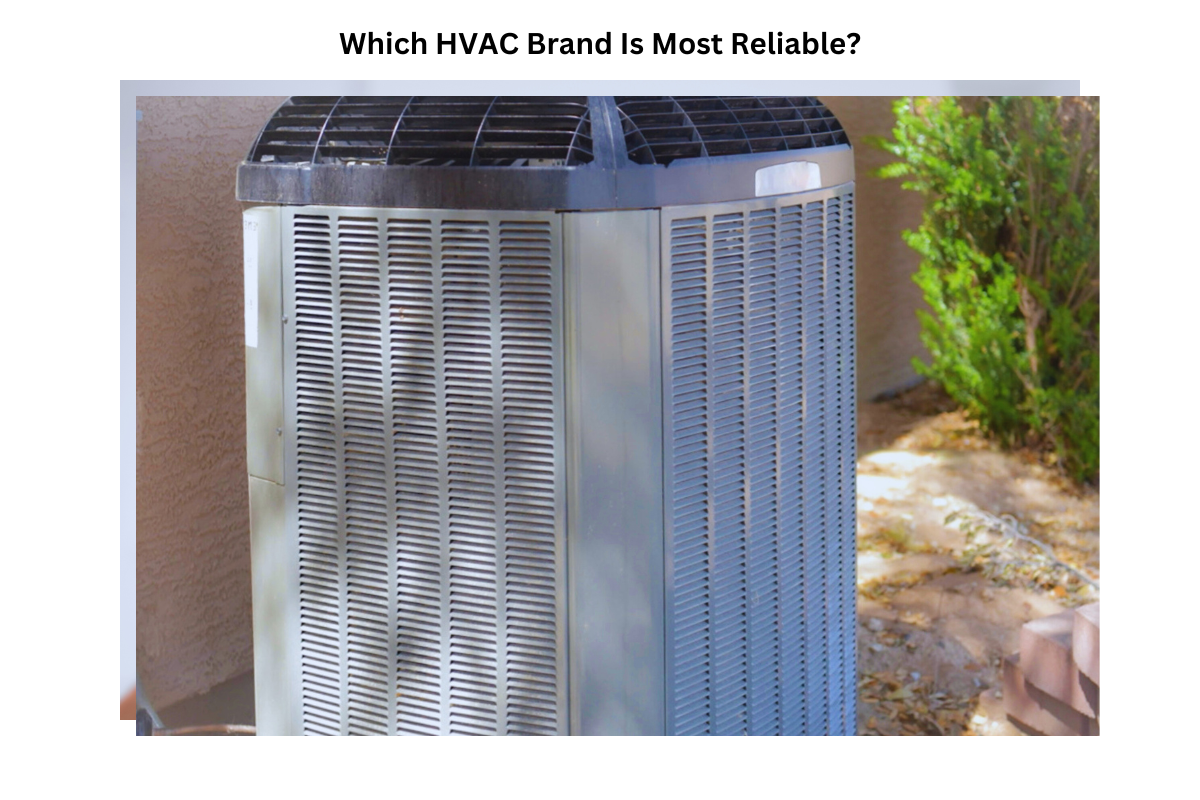Introduction
When it comes to air conditioners, there are many components that work together to keep your home cool and comfortable. But do you know which part of an air conditioner is the most expensive? Understanding the costliest component can help you prioritize maintenance and potentially save you a significant amount of money in the long run.
In this article, we will reveal the most expensive part of an air conditioner, explain its importance, and provide tips on how to maintain it effectively.
Table of Contents
- The Most Expensive Part of an Air Conditioner
- Why is it Important to Maintain?
- Tips for Maintaining the Most Expensive Part
- Key Takeaways
- Frequently Asked Questions
- Conclusion
The Most Expensive Part of an Air Conditioner
The most expensive part of an air conditioner is the compressor. The compressor is often referred to as the “heart” of the air conditioning system because it circulates the refrigerant and pressurizes it, allowing the refrigerant to absorb heat from the indoor air and release it outside. Without the compressor, the air conditioner cannot cool your home effectively.
The compressor is a complex and robust component that requires precision engineering and high-quality materials. It is designed to withstand the constant pressure and temperature changes that occur during the cooling process. Due to its critical function and intricate design, the compressor tends to be the most expensive part of an air conditioner.
Replacing a faulty or damaged compressor can be a costly endeavor. The cost of a new compressor can range from several hundred to several thousand dollars, depending on the make and model of your air conditioner. In addition to the cost of the compressor itself, the installation labor and refrigerant recharge add to the overall expense.
Why is it Important to Maintain?
Maintaining the compressor is crucial for the efficient and reliable operation of your air conditioner. Neglecting maintenance can lead to various issues, including:
- Reduced cooling capacity: A poorly maintained compressor may struggle to circulate the refrigerant effectively, resulting in reduced cooling performance. This can lead to discomfort in your home, especially during hot summer months.
- Increased energy consumption: When the compressor is not maintained, it may have to work harder to achieve the desired cooling effect. This can significantly increase your energy consumption and utility bills.
- Shortened lifespan: Lack of maintenance can cause undue stress on the compressor, leading to premature failure. Replacing a compressor prematurely is not only expensive but also disruptive to your comfort.
Regular maintenance can help prevent these issues and extend the lifespan of your air conditioner. By keeping the compressor clean, lubricated, and free of debris, you can ensure optimal performance and energy efficiency.
Tips for Maintaining the Most Expensive Part
Here are some essential tips for maintaining the most expensive part of your air conditioner, the compressor:
1. Schedule Regular Professional Maintenance
Professional maintenance by a qualified HVAC technician is crucial for the longevity of your air conditioner. During a maintenance visit, the technician will inspect and clean the compressor, check refrigerant levels, tighten electrical connections, and perform other necessary tasks to keep your air conditioner running smoothly.
Scheduling annual maintenance before the start of the cooling season is recommended to ensure optimal performance and catch any potential issues early on. Regular maintenance can help identify and address compressor-related problems before they escalate into costly repairs or replacements.
2. Keep the Surrounding Area Clean
Ensure that the area around the outdoor unit of your air conditioner is clean and free from debris. Leaves, grass, dirt, and other debris can accumulate and obstruct airflow, causing the compressor to work harder than necessary. Regularly clean the area and trim any vegetation that may impede the airflow.
3. Change Air Filters Regularly
Clogged or dirty air filters can restrict airflow and cause the compressor to strain. It is essential to check and change the air filters regularly to maintain optimal airflow and prevent unnecessary stress on the compressor. Refer to your air conditioner’s manual for the recommended filter replacement schedule.
4. Avoid Overworking the Air Conditioner
Running your air conditioner excessively or setting it at extreme temperatures can put a strain on the compressor. Aim for a moderate and comfortable indoor temperature and avoid running the air conditioner when it is not needed. Utilize energy-saving features, such as programmable thermostats, to regulate the cooling cycle and reduce the workload on the compressor.
5. Address Issues Promptly
If you notice any signs of compressor problems, such as unusual noises, reduced cooling performance, or frequent cycling, it is crucial to address them promptly. Ignoring these warning signs can lead to further damage and potentially require a compressor replacement.
Key Takeaways
- The compressor is the most expensive part of an air conditioner.
- Regular maintenance is essential to ensure optimal performance and extend the lifespan of the compressor.
- Proper maintenance can prevent reduced cooling capacity, increased energy consumption, and premature compressor failure.
- Scheduling professional maintenance, keeping the surrounding area clean, changing air filters regularly, avoiding overworking the air conditioner, and addressing issues promptly are key tips for maintaining the compressor.
Frequently Asked Questions
Q: How often should I have my air conditioner’s compressor checked?
A: It is recommended to have your air conditioner’s compressor checked during annual professional maintenance visits. Regular maintenance can help identify and address any potential issues before they become major problems.
Q: Can I maintain the compressor myself?
A: While there are some maintenance tasks you can perform yourself, such as keeping the area around the outdoor unit clean and changing air filters, it is best to leave complex compressor maintenance to qualified HVAC technicians. They have the expertise and tools to ensure proper maintenance and avoid any accidental damage.
Conclusion
The compressor is the most expensive part of an air conditioner and plays a vital role in keeping your home cool and comfortable. By prioritizing its maintenance and following the tips provided in this article, you can ensure optimal performance, energy efficiency, and a longer lifespan for your air conditioner. Remember, a well-maintained compressor not only saves you money in the long run but also provides you with the peace of mind that your cooling system will work reliably when you need it the most.




